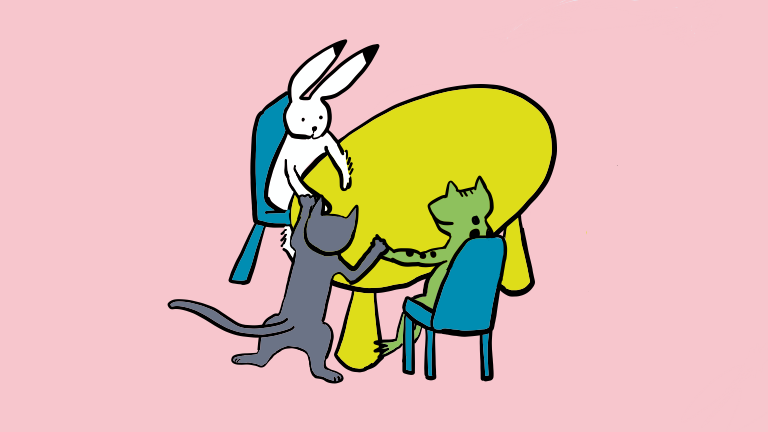Ninety percent of car accident cases in Japan settle only between the people concerned with the automobile accident without going to conciliation or court. However, there are some cases where both parties can't agree, even though they had several meetings. In this case, there are several public organizations to help you out the settlement free of charge. They look after your case and mediate the agreement. Going to conciliation or filing a suit can be a next step for settling the cases when their help didn't work. In this article, we take a closer look at the services of such organizations. We also look at how to go to conciliation or court.
Public organizations helping your settlement
There are several organizations that can mediate car accident settlements. Here we introduce the most famous two organizations. Note that two of them provide services only in Japanese. When you want to use their services, we can arrange an interpretation service. (Japanese and English only) So please contact us.
Interpretation service Traffic accidents happened in Japan settle according to Japanese custom and law. You have to […]
Nichibenren Traffic Accident Consultation Center
Nichibenren Traffic Accident Consultation Center is a public interest incorporated foundation in Japan. It's financially supported by the Japanese government. They offer free of charge attorney's consultation services by telephone or face-to-face interviews. In the case where the settlement talk fails, you can consult with them and sometimes their attorney can take over the settlement, free of charge. You can even use their service before starting a settlement. The following are examples:
- To know whether the amount of compensation you're offered is adequate or not
- To seek advice when your settlement talk is not smooth
- To know tips on how to settle the case
They have 157 offices all over Japan and have more than 35,000 cases in a year.
The Japan Center for Settlement of Traffic Accident Disputes
This is one of the most famous organizations offering Alternative Dispute Resolution (ADR). They provide consultation services by attorneys, mediation services for settlement, and examination services. All of their services are free of charge. Their service firstly starts at consultation and mediation service for settlement, but if their mediation doesn't work, they can start an examination process. In the examination, three experienced people like attorneys and ex-judges get together and conduct the examination. After that, they submit arbitrage which has the binding force to insurance companies. Only in the case where the victim of the accident doesn't agree with their conciliation, the victim can file a suit.
Conciliation or court
If their help doesn't work, you can go to the next step: going to conciliation or filing a suit.
Conciliation

Conciliation is a way to resolve disputes without filing a suit. It's a less-expensive method comparing with litigation. Conciliation bases on talking between two parties with one or two fair and neutral third parties. Unlike litigation, conciliation sessions are not open to the public and are held in a small room. On average, it takes 2-3 months until you reach a solution, and you'll have 2-3 meetings until then. When two parties reach a solution that satisfies both of them, the agreement has legally binding power as same as the judgment of a lawsuit. If one of them doesn't agree on the solution, filing a suit will be a final resort.
Filing a suit
You can file a suit anytime if you cannot settle. For filing a lawsuit, 'it's necessary to submit a petition to the court located in your living area, the other 'party's living area or the area the accident happened. The type of court depends on the billing amount to a defendant as the following:
| Billing amount | Type of court |
| Less than JPY1,400,000 | Simplified Court |
| More than or equal to JPY1,400,000 | Local Court |
A defeated party has to bear court costs. After one of the parties has filed a lawsuit with the court, the court will designate the date for the first oral argument within approximately one to two months. In the first oral argument, the defendant is not required to come to the court if he/she has submitted a written answer in advance, while the plaintiff must come to the court. In the second and subsequent oral arguments, the parties, including their lawyers, make their respective claims in the courtroom. The submission of evidence and cases are repeatedly judged once a month until the judgment is finally made. On average, it takes six months at the shortest and more than two years at the longest.
